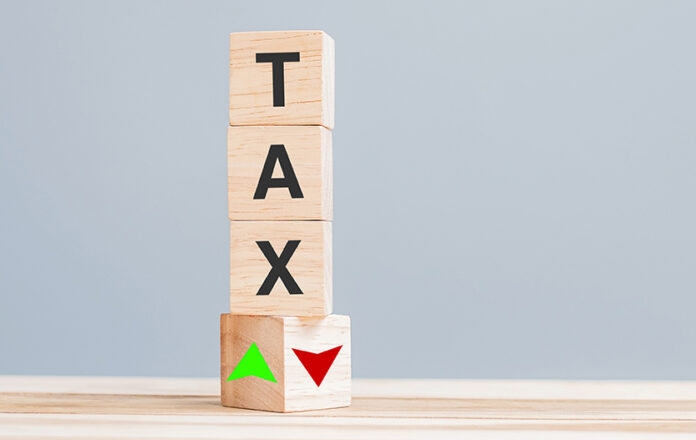The National Coordinator of the Special Investment Facilitation Council (SIFC), Lt. Gen. Sarfraz Ahmed, has warned that Pakistan cannot attract new investment in the manufacturing sector unless the government abolishes the super tax and lowers the corporate tax rate. He said that the current tax regime has pushed the effective burden close to 50%, discouraging expansion and driving capital out of the country.
Speaking at a Pakistan Business Council seminar titled Dialogue on the Economy, Lt. Gen. Sarfraz said the super tax was introduced as an ad-hoc arrangement and urgently needs to be removed. He added that the 29% corporate tax rate should be reduced to 25%, while inter-corporate tax must be eliminated to encourage scale and formalisation.
He cautioned that the current system incentivises fragmentation: “People split their businesses into smaller entities to escape higher tax brackets. We need to reverse that.”
The SIFC coordinator credited the finance team for stabilising the macroeconomic position but said Pakistan still lacks a real growth strategy. He argued that the country has relied too long on consumption-led, debt-driven growth and warned that repeating the same approach would lead to another crisis cycle.
He pushed for export-led industrial expansion, noting that Pakistan’s large population attracts investors but most engagement is limited to consumption sectors instead of exports.
Lt. Gen. Sarfraz said the investment climate also suffers from policy inconsistency, with tax and regulatory frameworks frequently changing. He stressed that local investors must take the lead before foreign direct investment can follow, adding that FDI inflows of $1.2–1.3 billion a year are far below the required levels.
He criticised the ease with which investors push for airport concessions compared to hesitation around export-oriented industries: “When we talk about refinery or petrochemicals or textiles, suddenly due diligence begins. Everything slows down.”
He emphasised the need to reform the energy sector by deregulating pricing and reducing tariffs alongside energy costs. High interest rates, he added, must also be cut to reflect easing inflation.
Explaining SIFC’s mandate, Lt. Gen. Sarfraz said the forum was originally designed to facilitate Saudi investment under a government-to-government framework, but has since expanded to handle proposals from GCC countries, Europe and the United States. Over time, its scope broadened to such an extent that many matters routed to the cabinet began passing through the SIFC as well.
He stressed that meaningful reforms require cooperation between the government and private sector: “The state alone cannot implement any framework unless all stakeholders are on board.”




